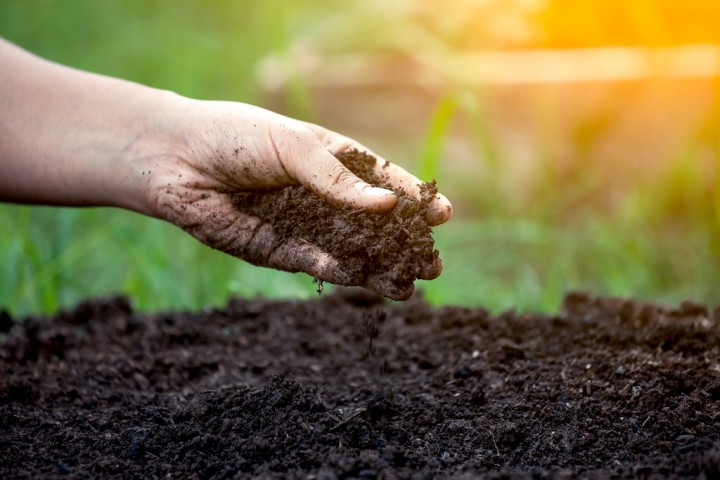Coastal Farmers in Bangladesh Combat Soil Salinity
Bangladeshi farmers face increased soil salinity due to climate change and shrimp farming, impacting crop growth. With support from NGOs and the government, farmers like Rita Bashar learn to adapt by using salt-tolerant seeds and innovative irrigation. Programs aim to sustain agriculture and prevent coastal migration.

- Country:
- Bangladesh
Along the coast of Bangladesh, soil salinity is increasingly hindering agricultural productivity, primarily during the dry season. The intrusion of saltwater, exacerbated by climate change, storms, and shrimp farming, has left many farms unviable outside the rainy months.
Yet, support from the government and NGOs is making a difference for farmers like Rita Bashar. She now utilizes salt-tolerant seeds and innovative farming methods to maintain her livelihood in Rampal. These initiatives have led to a 270% increase in land productivity since 2016, although not independently verified.
However, challenges remain significant. Variability in rainfall and persistent freshwater shortages threaten these gains. Moreover, shrimp farming continues to contribute to salinization, posing a continuous challenge. Despite this, efforts continue to help coastal communities remain viable through improving farming techniques and potential new income sources.
(With inputs from agencies.)
- READ MORE ON:
- salinity
- Bangladesh
- coastal
- farmers
- climate change
- shrimp farming
- agriculture
- NGOs
- irrigation
- crops
ALSO READ
Elephant electrocuted in agriculture land in Andhra's Chittoor district
Record Wheat Sowing in 2025-26 Rabi Season Boosts Agriculture
Heat inequality: Study measures the toll of climate change in Rio de Janeiro favelas
Maharashtra Cabinet's Key Decisions: Boosting Urban Transport, Agriculture, and Housing
Punjab Fast-Tracks Potash Exploration to Boost Agriculture Independence










